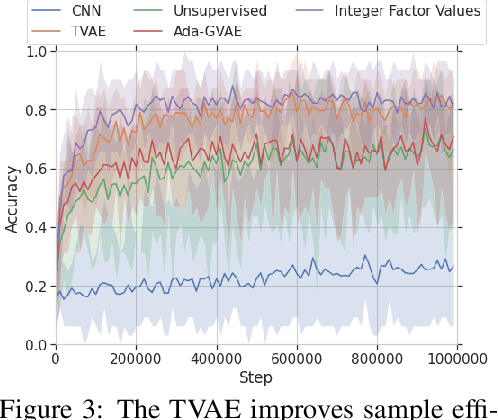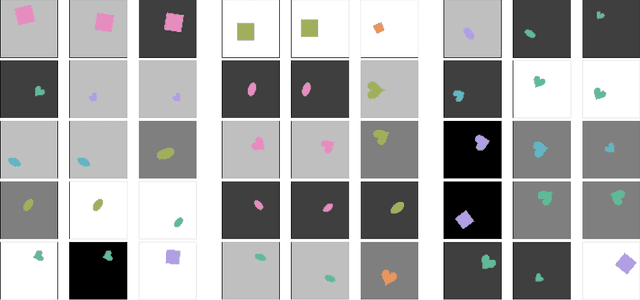Salman Mohammadi
Conformal coronary calcification volume estimation with conditional coverage via histogram clustering
Jun 04, 2025Abstract:Incidental detection and quantification of coronary calcium in CT scans could lead to the early introduction of lifesaving clinical interventions. However, over-reporting could negatively affect patient wellbeing and unnecessarily burden the medical system. Therefore, careful considerations should be taken when automatically reporting coronary calcium scores. A cluster-based conditional conformal prediction framework is proposed to provide score intervals with calibrated coverage from trained segmentation networks without retraining. The proposed method was tuned and used to calibrate predictive intervals for 3D UNet models (deterministic, MCDropout and deep ensemble) reaching similar coverage with better triage metrics compared to conventional conformal prediction. Meaningful predictive intervals of calcium scores could help triage patients according to the confidence of their risk category prediction.
* IEEE 22nd International Symposium on Biomedical Imaging (ISBI)
Odd-One-Out Representation Learning
Dec 14, 2020



Abstract:The effective application of representation learning to real-world problems requires both techniques for learning useful representations, and also robust ways to evaluate properties of representations. Recent work in disentangled representation learning has shown that unsupervised representation learning approaches rely on fully supervised disentanglement metrics, which assume access to labels for ground-truth factors of variation. In many real-world cases ground-truth factors are expensive to collect, or difficult to model, such as for perception. Here we empirically show that a weakly-supervised downstream task based on odd-one-out observations is suitable for model selection by observing high correlation on a difficult downstream abstract visual reasoning task. We also show that a bespoke metric-learning VAE model which performs highly on this task also out-performs other standard unsupervised and a weakly-supervised disentanglement model across several metrics.
 Add to Chrome
Add to Chrome Add to Firefox
Add to Firefox Add to Edge
Add to Edge